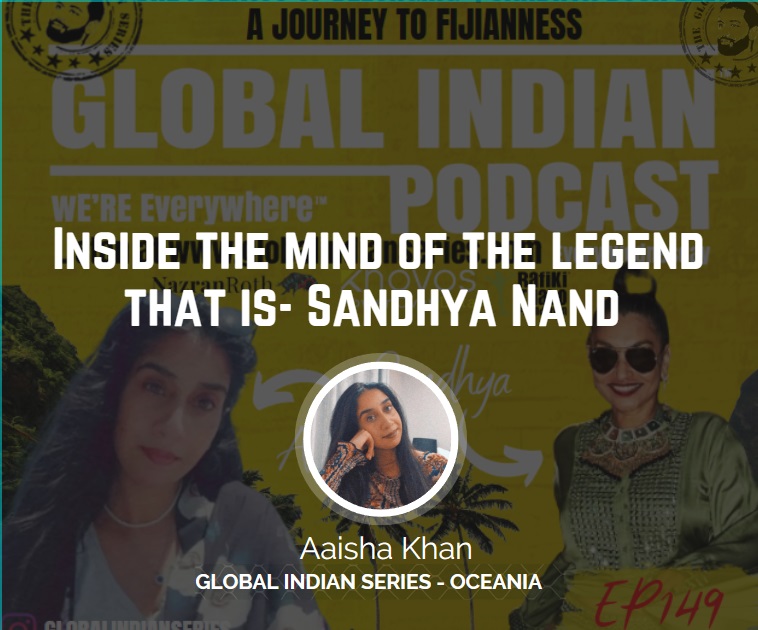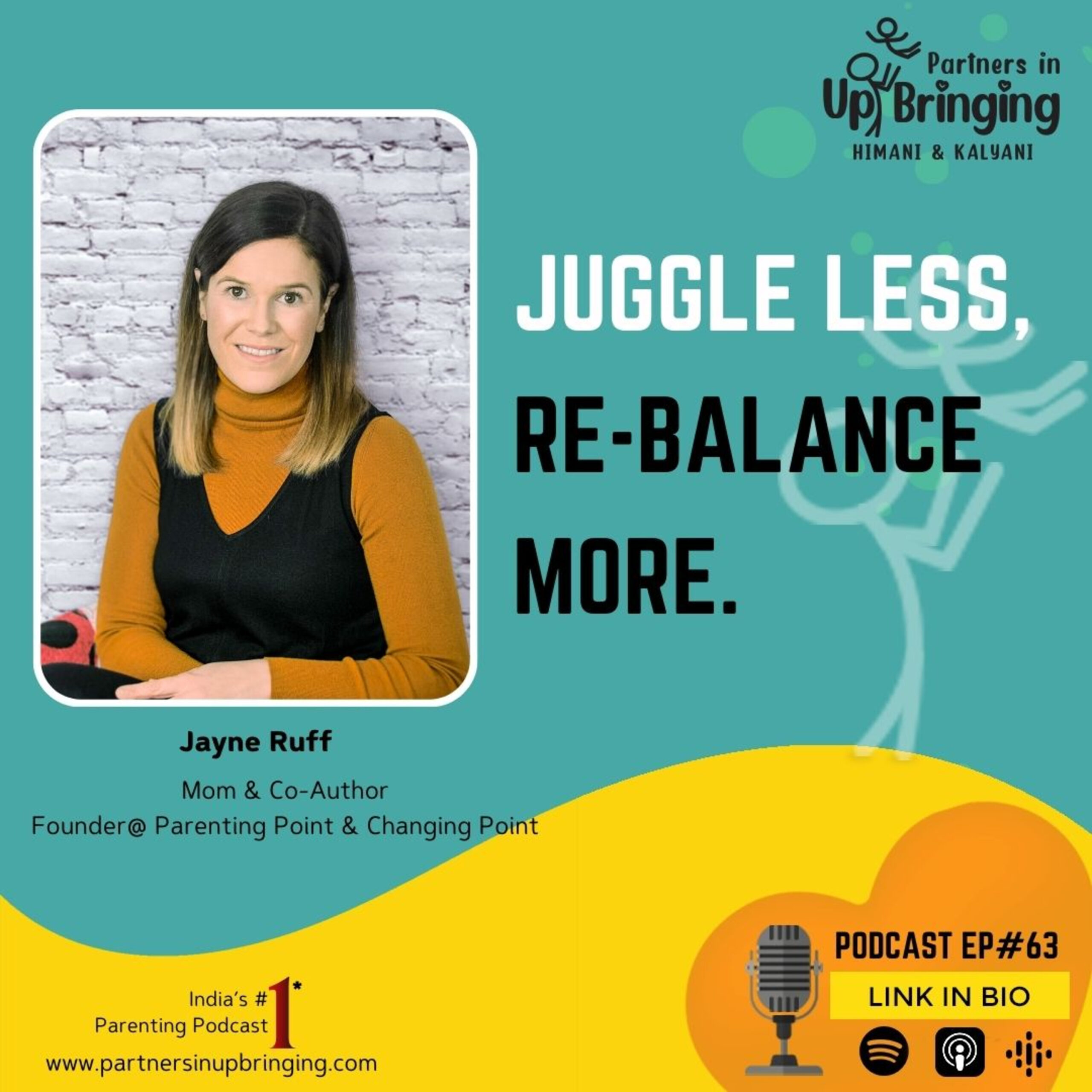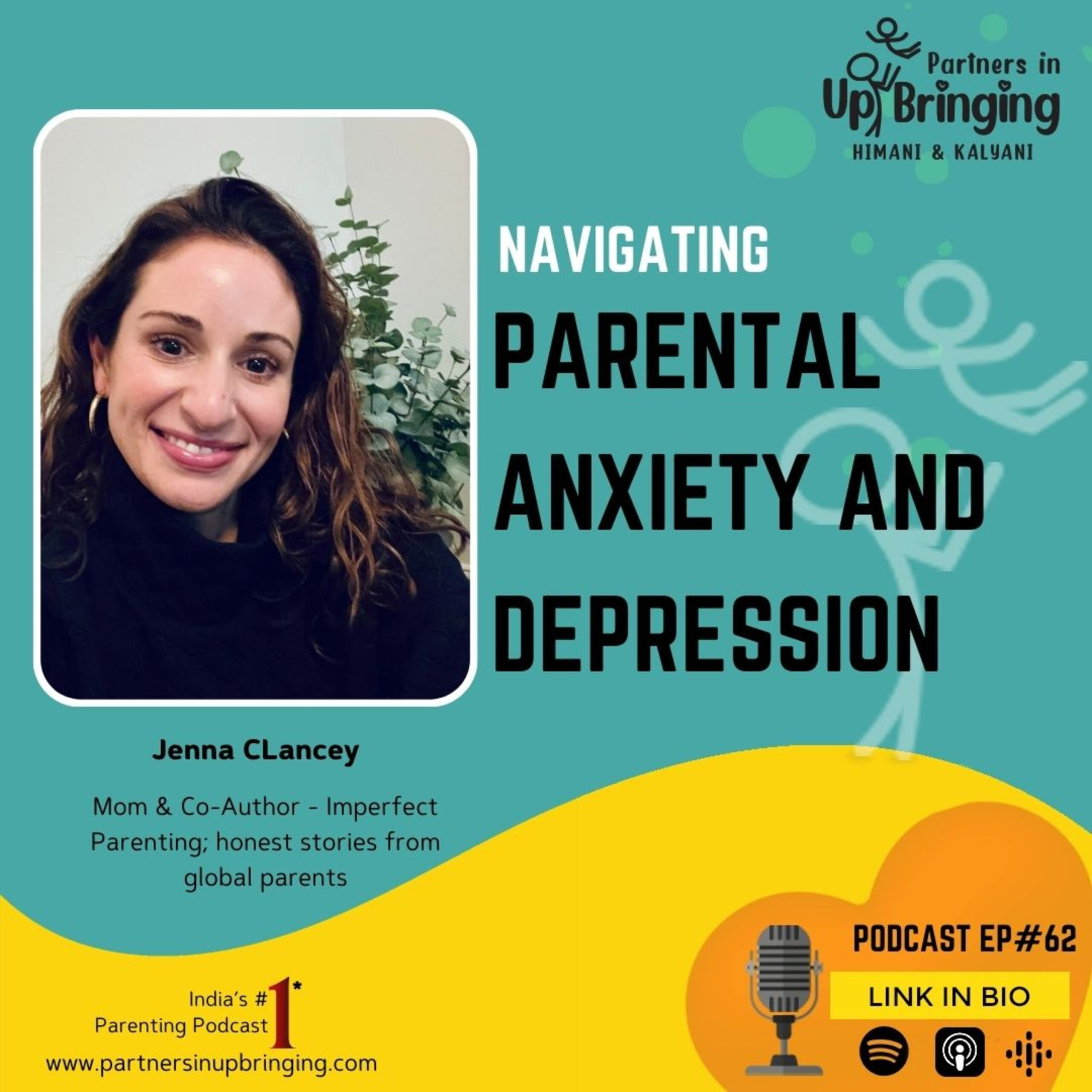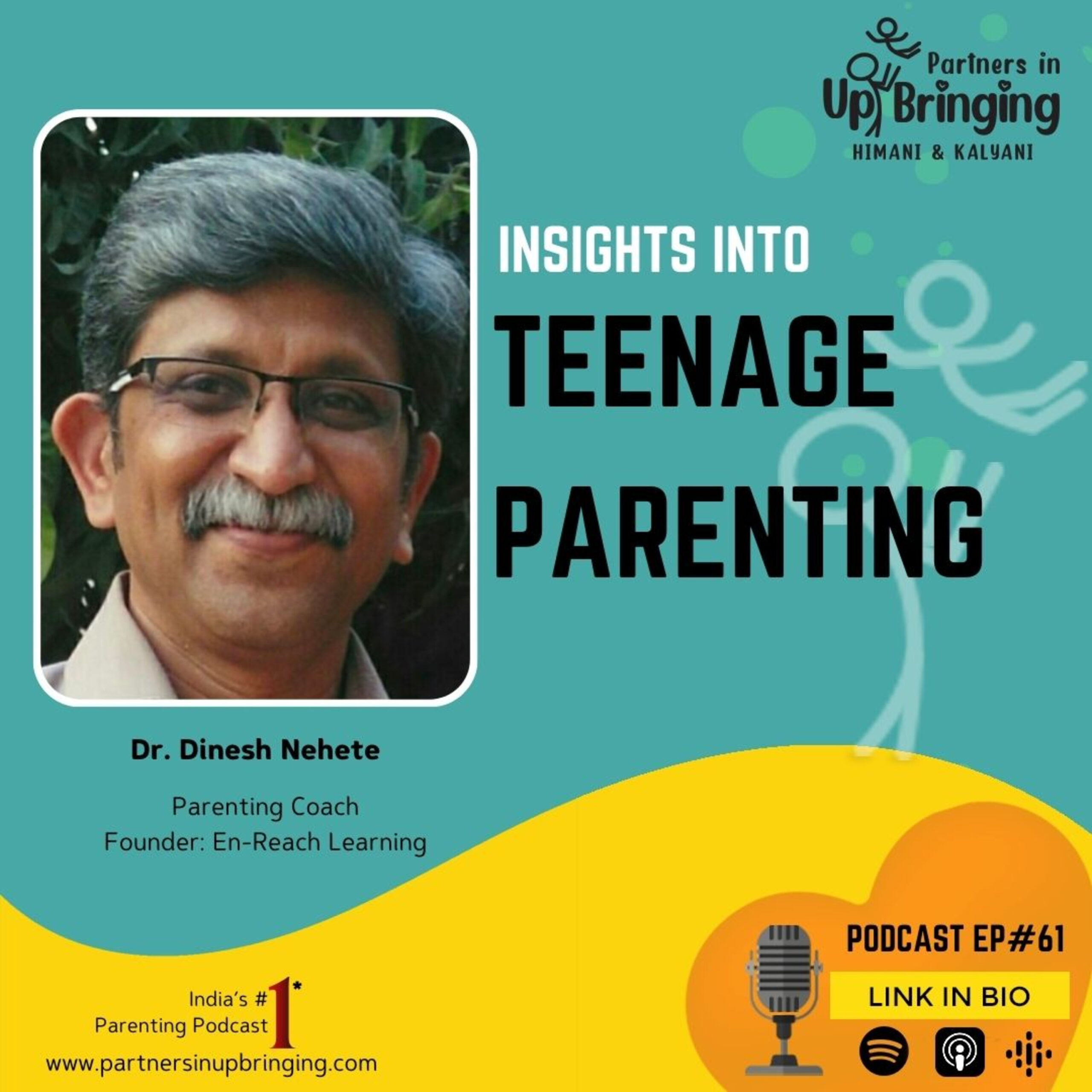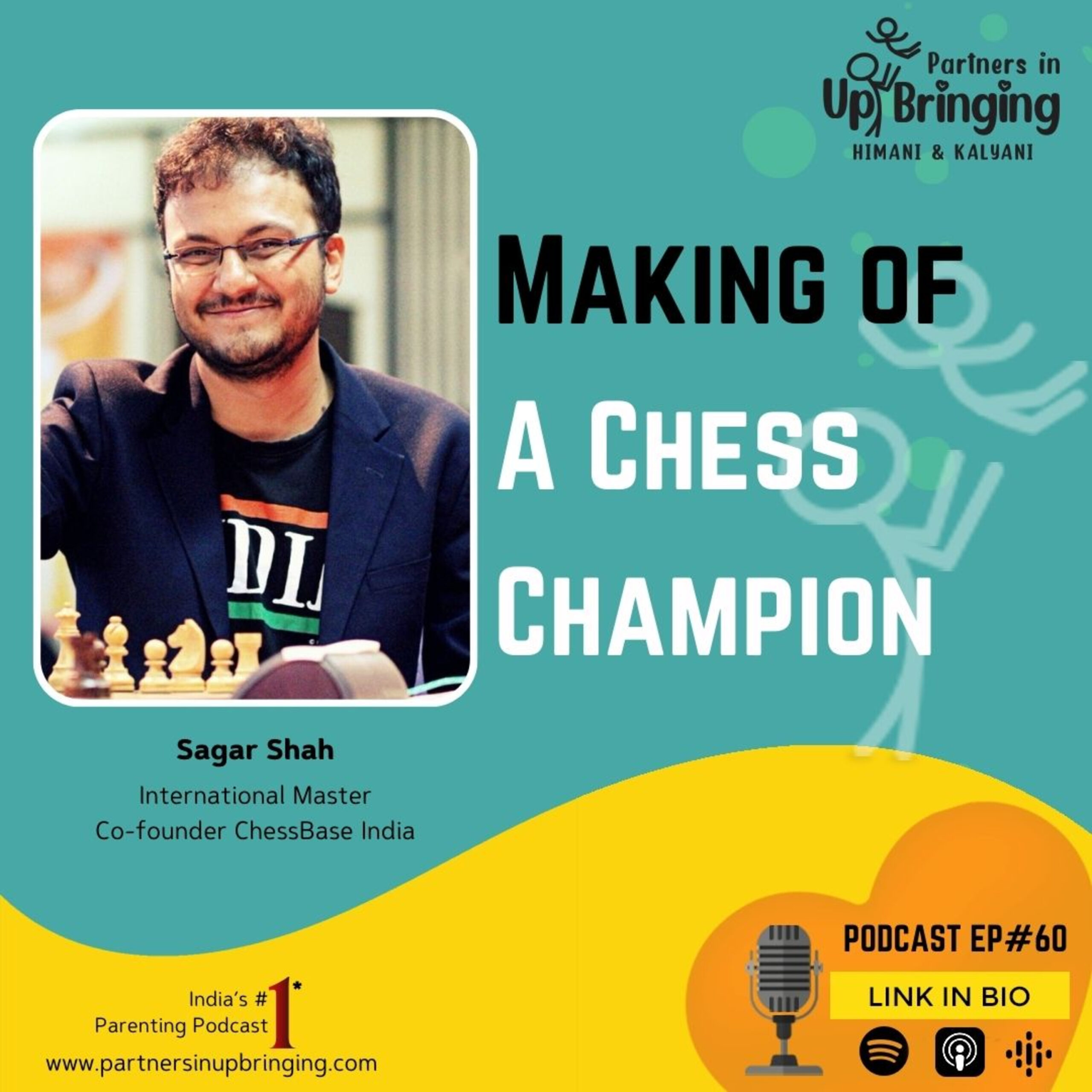In 1989, Sandhya Nand was strutting down Victoria Parade in Suva by Anna Sweetman and Tanya Whiteside who are both considered OGs. In Sandhya’s words, Anna Sweetman was THE fashion organiser in the 80’s, she was a prestigious show producer and model agent and Sandhya was one of her top models. Sandhya tells me that she doesn’t exactly know what they were looking for when they noticed her walk past the Tiki Togs boutique, though she muses that maybe they were looking for an Indian model who would ‘fit’ into “Suva society” world. She adds that maybe it was the privilege of her skin colour that was considered ‘acceptable.’
Hit the fast forward button and 35 years later I am at my cousin’s house (in New Zealand), chatting with relatives on the veranda while a qawwali band performs in their front yard. Their neighbours are angry about the noise and as they glare at us through the windows, my relatives, mainly the women, excitedly ask me about a podcast I did with Sandhya, demanding to know why I hadn’t mentioned it to them before. ‘What is she like? Does she still model? Does she visit Fiji?’ I suddenly realize that I am their connection to Sandhya, and Sandhya was their connection to feeling proud about being Indo Fijian at a time when being Indo Fijian was akin to holding a double-edged sword. Some of my aunts had lived in Suva in the 80’s and 90’s, and seeing Sandhya on television made them feel represented. ‘She looked like us so it was nice seeing her on screen, especially when she wore saris.’ The conversation about Sandhya is briefly stalled as the men start talking excitedly about Fiji’s recent elections. They are sitting on chairs in the front yard and the Yagona (Kava) bowl is out. As smaller bowls of Yagona are distributed, the menfolk share their opinions which are interestingly differing. Some seemingly see no problem with Mr Rabuka being back in power while some say that they would not be surprised if Indo Fijians were again the ones that are left hanging.
Sandhya used fashion as an expression of her mood, her feelings and what she wished to project. She was also prominent in media, music and fashion and she describes how the industries co-existed and enhanced each other in a post-coup Fiji which was racist but progressive. Among others, Sandhya was put on the front covers of the Fiji Times, Fiji Sun and The Hindustan many times with her in a bikini, she expresses that she had no apprehensions about that. Sandhya expresses that she feels proud of our culture, of our capacity to persevere, survive, thrive while being displaced. She ascertains that while the volume of our voices has improved, people still don’t realise how marginalised Indo Fijians are and that it seems unfair to state that we are because Our patience and resilience.
Sandhya left Fiji before and returned to Fiji after the 1987 coup, which she describes as an ‘atom bomb coup’. She returned home with a gravitas that made her determined. Though she went on to become one of Fiji’s top models, ironically modelling wasn’t on the agenda of that determination. There is a self-awareness of the iconic status that she has earnt but there is also deep awareness of the conditions of that time. The 1987 coup led by Fiji’s current Prime Minister Sitiveni Rabuka who was then third-ranked military officer Lieutenant-Colonel Sitiveni Rabuka, was brutal. Some claim the 1987 coup divided the country, but, the country was already divided. The coup aggravated existing divisions and brought them to a head. Some saw the coup as a means of catharsis – an opportunity for Fiji to come to terms with its problems and find solutions. In reality, it has been more like a cancer that has spread, and continues to plague the country. (Singh, 2021). Among other acts of aggression, Indo Fijian owned stores were looted, Indo Fijian store owners and workers were attacked and rocks were hurled through windows of passing cars. The coup also resulted in the mass migration of Indo Fijians which included my parents who had been living in Suva at the time.
After Mr Rabuka won the 2022 election, I asked my mother how she felt about him winning, her response: ‘it’s a scary feeling’. My mother has lived in New Zealand for more than 35 years.
Whether or not it is openly expressed, the ramifications of the coup are still being felt. Even those who live outside of Fiji worry about it happening again. Hardly anyone says The word, but it’s on everyone’s minds. We are all waiting to see what he will do and if he will stick with the promises he’s made. Though my own feelings are complicated, I find myself wanting to trust Mr Rabuka, wanting to believe in him despite his previous actions but I also avoid openly expressing my feelings due to an almost paranoia type fear that something will happen to me if I express any distaste towards him.
Sandhya has learnt the lessons from her life and proudly states that she is who she is today because of the things she has experienced – good and bad. We began interacting at a time when Sandhya had started publicly opening up about some personal aspects of her life. I can’t pinpoint what made me feel so - maybe it's a woman’s intuition but I realized that this is a bit of a strange (for lack of a better word) time in her life. Personally, I cannot relate to many experiences that she's had which meant that I didn't know how to support her through this time besides to give her space and to remind her that she didn't have to talk about anything that she didn't feel comfortable talking about.
As an Indo Fijian who was born and raised in New Zealand, ‘identity’ has always been a tricky topic. There are multiple layers of feeling displaced coated with the intergenerational trauma which is not talked about frequently because: ‘we have a lot to be grateful for so why talk about those things.’ The main source of representation (for me) has been Bollywood - Hindi Cinema as Sandhya prefers to call it. For years, Bollywood has been my connection to my so-called motherland - India, over time I realized that my ‘motherland’ will probably never accept me. I've always had a motherland, it is the land that my great grandparents were taken to and toiled on, their blood and tears buried deep in the soil that many now walk upon. It seems we are gradually starting to have adequate Indo Fijian representation (and I am grateful for it) though maybe we overlooked someone who represents us adequately and gracefully. Sandhya represents a safe space for many in my generation who look for representation. To this day, she represents what it means to be an Indo Fijian woman and her love for Fiji inspires me to do better and to also ask myself the questions that I avoid answering.
As the qawwali band continues to perform well into the night, my aunts lead the way into the living room to have dinner (mind you by this point it is almost 11pm), they are conversing amongst themselves about Sandhya, and about ‘those days’ in Fiji. Somewhere I feel that there is always going to be sadness and feelings of displacement, and I don’t know if we will ever find closure but what I do know is that a baby girl was born to the Nand's and she blossomed into a powerhouse; she went on to become the representation that was needed at a time when our voices were being taken away from us. She’ll continue shifting paradigms and I look forward to seeing her do it.
Listen to the podcast here:
https://globalindianseries.com/the-politics-of-belonging-with-sandhya-dusk-devi/
Other articles on Fiji
Ties that Bind: The power of Indian diaspora in Fiji (globalindianseries.com)
Remembering the indentured roots – redefining Indo-Fijianness (globalindianseries.com)
The Haunted line – Halloween in Fiji with Aaisha Khan (globalindianseries.com)
Indo-Fijian Scholar Dies in Exile (globalindianseries.com)
https://globalindianseries.com/a-journey-to-ifijianness-canadian-perspectives-with-angelene-komal/
Read more about the 1987 coup in Fiji:
https://www.nytimes.com/1987/05/21/world/scores-of-indians-are-injured-as-riots-sweep-fiji.html
https://devpolicy.org/fijis-1987-coup-from-trauma-to-cohesion-20210525-1/
1st image: Indo-Fijians in Fiji and abroad called for the country's elected leader, Timoci Bavadra, to be reinstated after the 1987 coup.(AFP: Colin Townsend)
2nd image: Colonel Rabuka announces that Fiji is now a republic. September 29, 1987.
3rd image: Sandhya presenting wearing a Sari
By Aaisha Khan - Head of Global Indian Series - Oceania
-------------------------------

